I plan on running the same lectures again, perhaps in the of May or early June.
|
In less than 36 hours, I have to close the registration to this public lecture as we received overwhelming response.
I plan on running the same lectures again, perhaps in the of May or early June.
2 Comments
Christ is risen. He is risen indeed, hallelujah! Good Friday ends in darkness and despair. But Easter is glorious. It gives us new hope. It gives us new meaning to our existence. It speaks of the victory of Christ against sin and death. Yet, Easter is different this year because of the COVID-19 pandemic. For many of us who may be accustomed to Easter celebration, drama production, large-scale evangelistic campaigns, this year’s celebration certainly seems less triumphal, celebratory, and glorious. However, if we go back to the first Easter, things seem less glorious too. In John 20 there seems to be no sense of rejoicing. No one shouted: “Christ is Risen!”, and no one replied: “He is risen indeed.” All the disciples were in hiding. They had their own Movement Control Order (MCO), practised social distancing, and locked the door for the fear of the Jewish leaders (John 20:19). They imposed on themselves some measure of self-quarantine. They were full of fear, anxiety, and worry. It was not until the first Easter evening when Jesus appeared to the disciples in the place where they were staying that they were overjoyed. Yet, one of the disciples, Thomas, was not present and doubted the resurrection of Christ. The following week, the disciples were still under MCO, and continued to practise social distancing and self-quarantine. Jesus appeared the second time to the disciples, and Thomas had his doubt removed. There was hardly any victorious celebration on the first two Easter Sundays according to the narrative in John 20. Although Jesus had already appeared twice to the disciples, there was fear, anxiety, worry, and doubt. All they did was to go into hiding for a whole week. They had their self-imposed lockdown. No one proclaimed, “Jesus is risen” despite Jesus appearing twice to them.
To the elders among you, I appeal as a fellow elder and a witness of Christ’s sufferings who also will share in the glory to be revealed: Be shepherds of God’s flock that is under your care, watching over them—not because you must, but because you are willing, as God wants you to be; not pursuing dishonest gain, but eager to serve; not lording it over those entrusted to you, but being examples to the flock. And when the Chief Shepherd appears, you will receive the crown of glory that will never fade away. (1 Peter 5:1-4) In exhorting the leaders of persecuted Church in Pontus, Galatia, Cappadocia, Asia, and Bithynia, Peter reminds them the the words of Jesus to him: “Follow me. Feed my lambs. Tend my sheep. Feed my sheep.” Peter remained faithful to his calling till his martyrdom in the 60s CE. According to the early church tradition, Peter was crucified on the cross upside-down with his head down on the ground and feet raised on high, asserting that he was not worthy to be crucified in the same manner as his Lord. For the disciples, Easter is a new beginning for them. While there may not be much celebration on that first Easter, the impact of the resurrection of Christ changed them. The narrative of the restoration of Peter is an inspiration and encouragement to us today. If we feel that we are not worthy to serve the Lord because of our past failures, this passage reminds us that Jesus is not finished with us yet. Jesus called Peter again for the third time, “Follow me” after his resurrection. He was patient with Peter, and he gave Peter all the time and space for him to ponder, reflect, and respond. Jesus is calling us again today. Our current situation may also offer us the time and space needed for us to pause, reflect, and respond to the resurrected Lord. Easter is a new beginning.
Like the disciples, we may be at the crossroads of our lives, feeling lost and not knowing the next step we should take. We may be confused by recent events we have encountered. We may be worried about the post-COVID-19 aftermath. Some of us may be concerned with our business, employment, and our financial cash flow. In moments of frustration, disappointment, and discouragement, we may choose to go our own way and do things according to our own strength and effort. Some of us may have gone back “fishing” because it is the only thing we know what to do. Despite our failures, Jesus wants to reinstate and restore us to serve him. Easter gives us hope. Like the disciples, in moments like these, it is time to accept the invitation of our Lord to have breakfast with him (John 21:12). It is time to renew our strength in his presence. It is time to sit at his feet again to hear his voice and guidance so that we can be his effective servants: “Feed my lambs… Tend my sheep… Feed my sheep… Follow me” (John 21:15, 16, 17, 19). This year’s Easter may be a bit quiet, and is certainly very different from what we may have been used to. Nevertheless, as we remember the confusion, the sense of loss, and the anxiety and fear of the disciples on the first Easter, may we be reminded that Easter is a new beginning and it gives us hope. May we be renewed on this Easter day. May we be reminded afresh why we follow Jesus. May we hear afresh his calling once again: “Follow me.” And most importantly, let us not forget to have breakfast with the resurrected Jesus – he is waiting for us. Christ is risen. He is risen indeed. Hallelujah. We are living in unprecedented time. We are all affected by the COVID-19 pandemic. These past few weeks, we are reminded that our lives are fragile, vulnerable, and ultimately subject to the power and grace of God. Life certainly does not go on as normal. This is probably the first time that we could not meet together physically as a family of God during the Movement Control Order (MCO) imposed by the Malaysian government. This affects all our services for the Holy Week, one of the most important seasons for Christians. We cannot come together physically to commemorate the death and resurrection of our Lord. We cannot come together to celebrate the Holy Communion. Photo credit: St Paul's Church, Petaling Jaya Celebrating the Holy Communion is probably one of the most sacred rites for me as a priest. There has been ongoing discussion whether the Holy Communion can be celebrated virtually or not (for example, see the excellent essay by Ian Paul, “(How) can we celebrate Holy Communion as ‘online’ church?”). Biblical Graduate School of Theology, Singapore, has also produced a theological advisory on remote celebration of the Holy Communion. At the moment, there is no virtual Holy Communion for the Diocese of West Malaysia. There is a sense of emptiness in me, a sense of despair, and a sense of frustration for not being able to gather together as a community to celebrate the Holy Communion. While I do participate in virtual services online, somehow it can never replace a real physical community where we recite the Nicene Creed together, we confess our sins together and hear the absolution pronounced, we share the peace of God with one another, and where I serve the host to those who come forward to receive the body of the Lord. For me, there is something missing. This reminds me of how the Israelites of old lamenting and crying out to God while they were in exile. They could not worship in the Temple. They could only look back to the time they worshipped the Lord in his holy place. They longed for the coming of the Messiah to deliver them. By the rivers of Babylon-- there we sat down and there we wept when we remembered Zion. On the willows there we hung up our harps. For there our captors asked us for songs, and our tormentors asked for mirth, saying, “Sing us one of the songs of Zion!” How could we sing the LORD’S song in a foreign land? (Ps 137:1-5) Taking it positively, the MCO creates in me a strong thirst and hunger for the day when we could finally meet together again. It creates this deep longing and anticipation in wanting to run back to the church the day it is permissible to do so, and to worship as a community, sing praises to God, share the peace of God with one another, bring our offerings and the fruit of our labour to the altar, and celebrate the Holy Communion with the saints. As a priest, I long for the day where I could hold and lift up the host and break it. It is a true hunger, longing, and anticipation to have a foretaste of the promised heavenly banquet here on earth. Celebrating the Holy Communion is not merely to remember the death of Jesus (1 Cor 11:23-25). It is also a proclamation of the coming of the Lord again. St Paul reminds us: “For as often as you eat this bread and drink the cup, you proclaim the Lord’s death until he comes” (1 Cor 11:26). The Holy Communion itself expresses this deep longing and anticipation of the coming of the Lord. We look forward to the Great Banquet. It creates in us the cry: Maranatha! Come, Lord Jesus (1 Cor 16:22). And this is the greatest hope of our Christian faith. Photo credit: St Paul's Church, Petaling Jaya The current global crisis causes me to rethink the meaning of gathering together as the people of God. Never before do I truly appreciate the church, the body of Christ. Not being able to celebrate the Holy Communion allows me to have a deeper appreciation of the salvific work of Christ, more so in this Lenten season. Despite the lament of the current crisis, I remain hopeful in the Lord.
I can’t imagine how it would feel like when the church meets again in the future. I think tears might just roll down my face when I can finally hold and lift up the host, and break it and hear the “piak” sound and say: “We break this bread to share in the body of Christ.” |
AuthorLecturer in New Testament Studies at Seminari Theoloji Malaysia. You can find out more about me by clicking here. BlogMy engagement in conversation with issues, reflections, and concerns related to my vocation as a seminary lecturer and theological education in general. Opinions expressed in this blog are strictly my personal views and do not represent the official position of the seminary Categories
All
Archives
November 2023
|
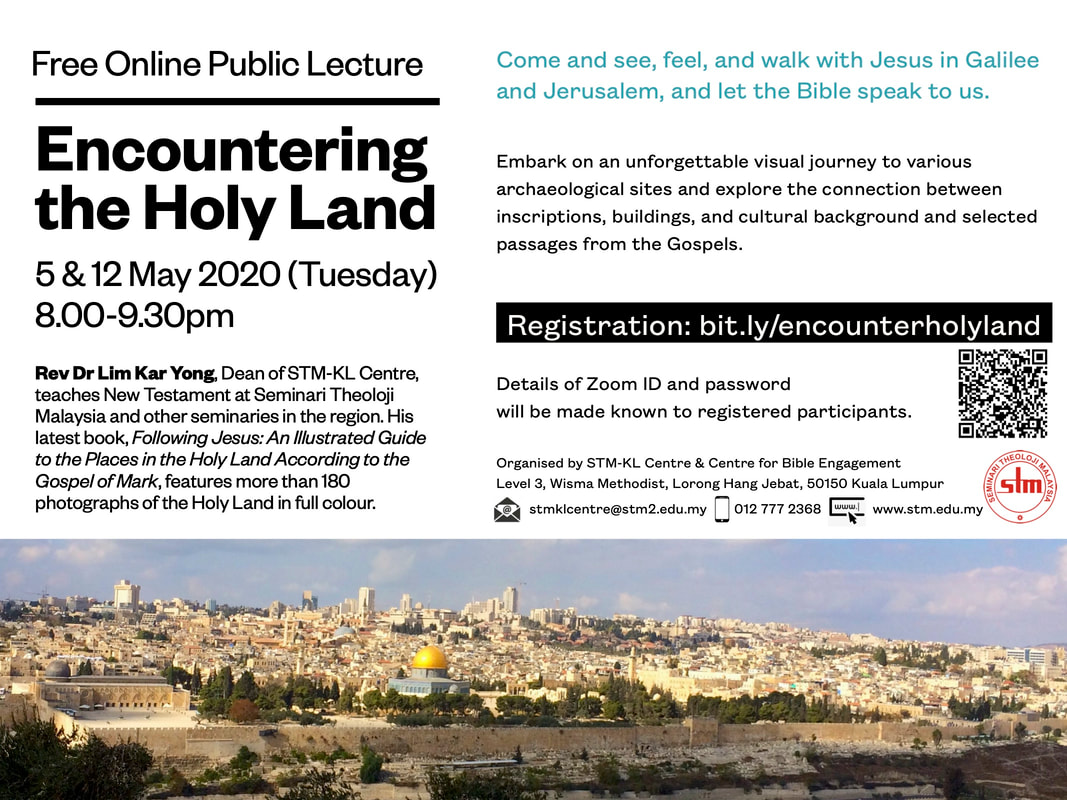
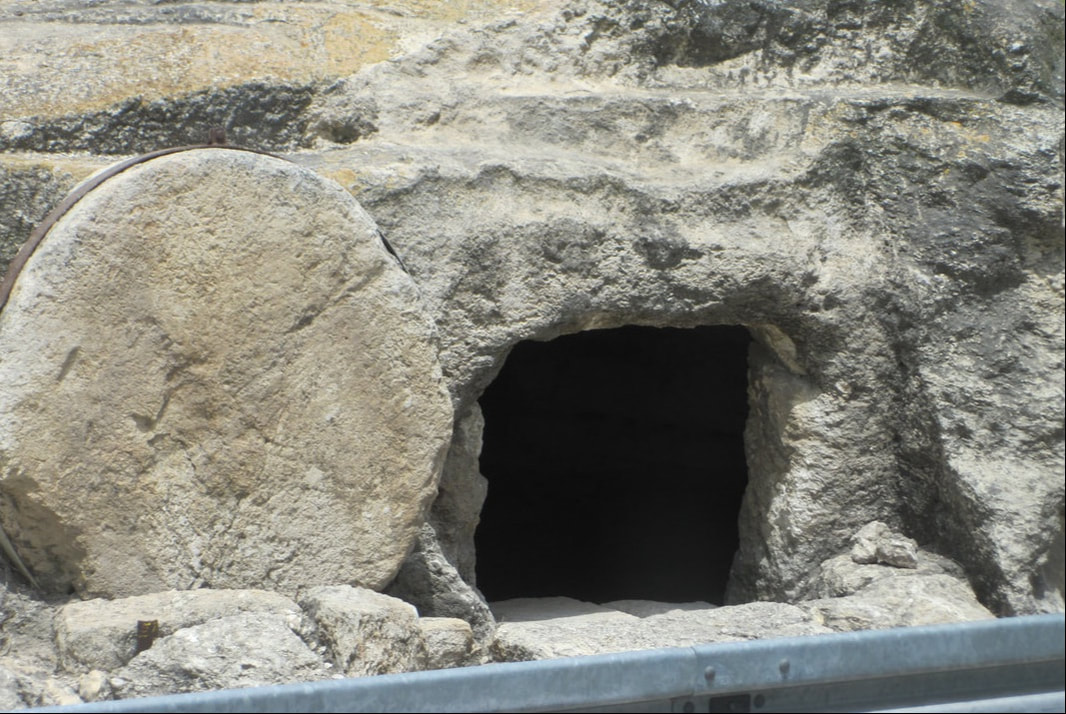
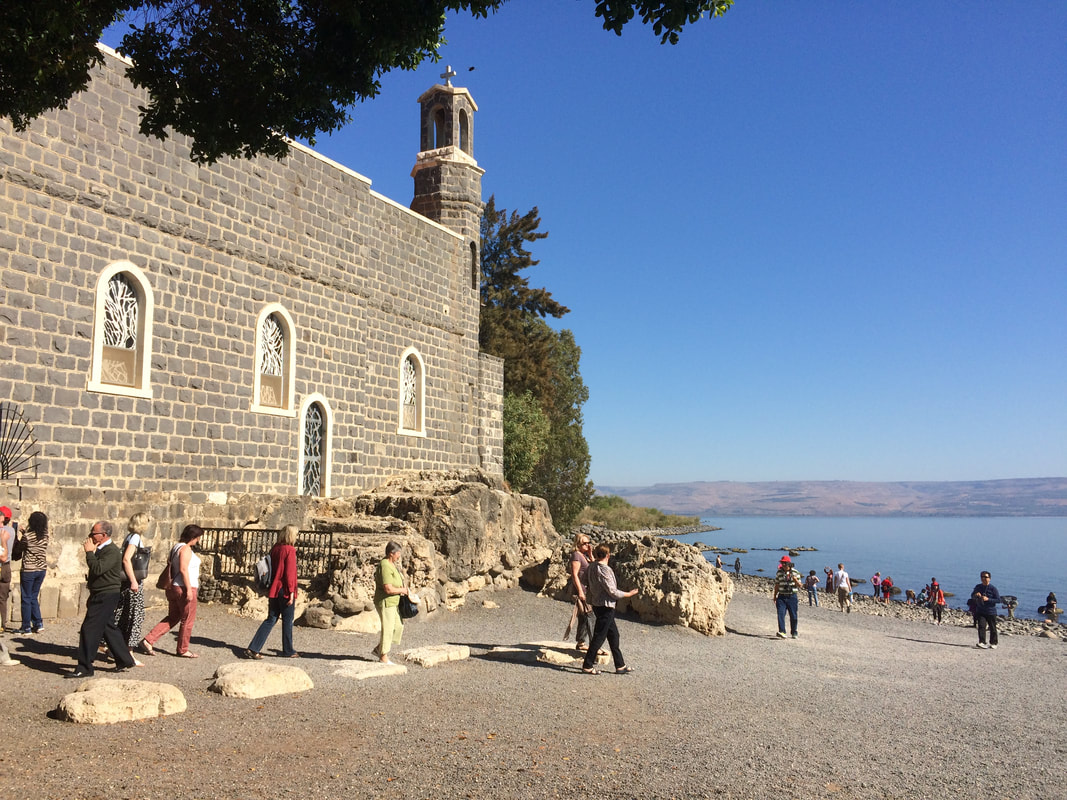
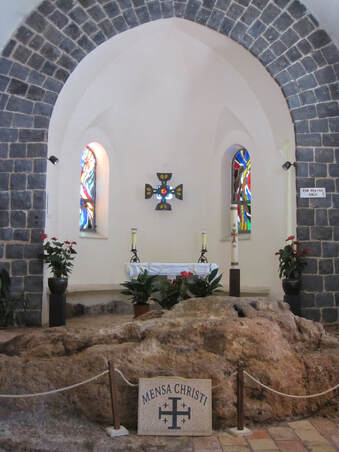
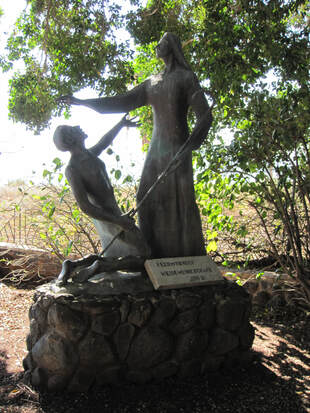
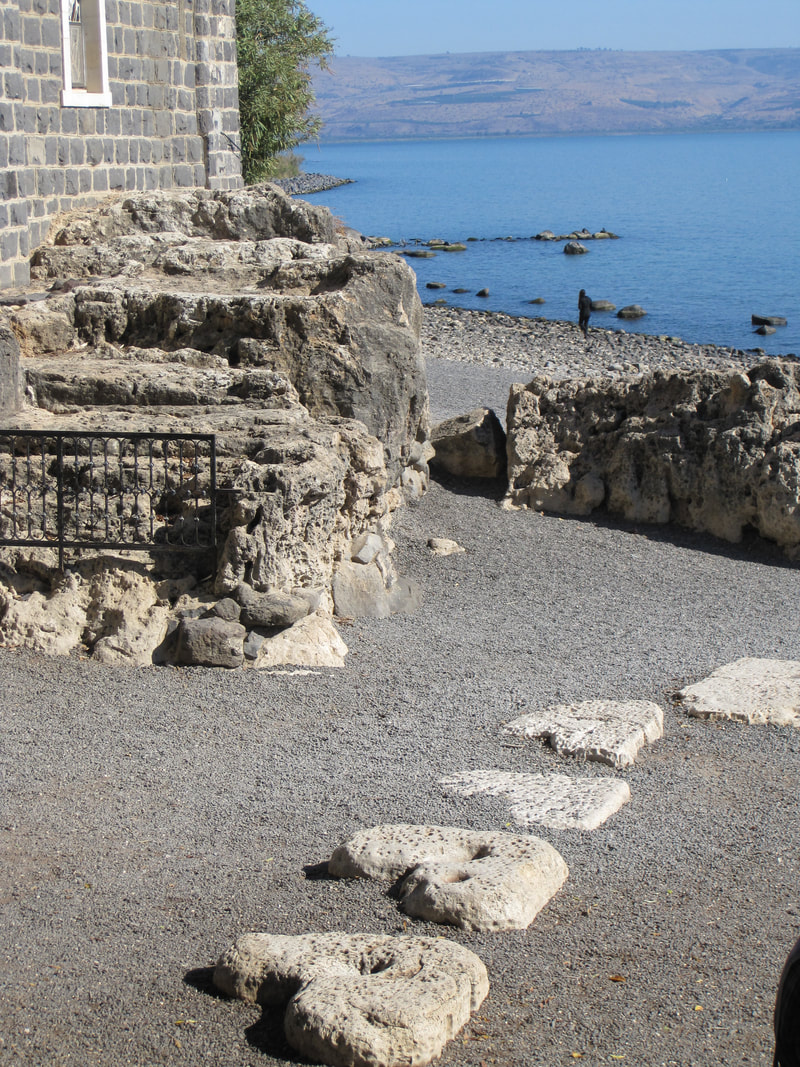
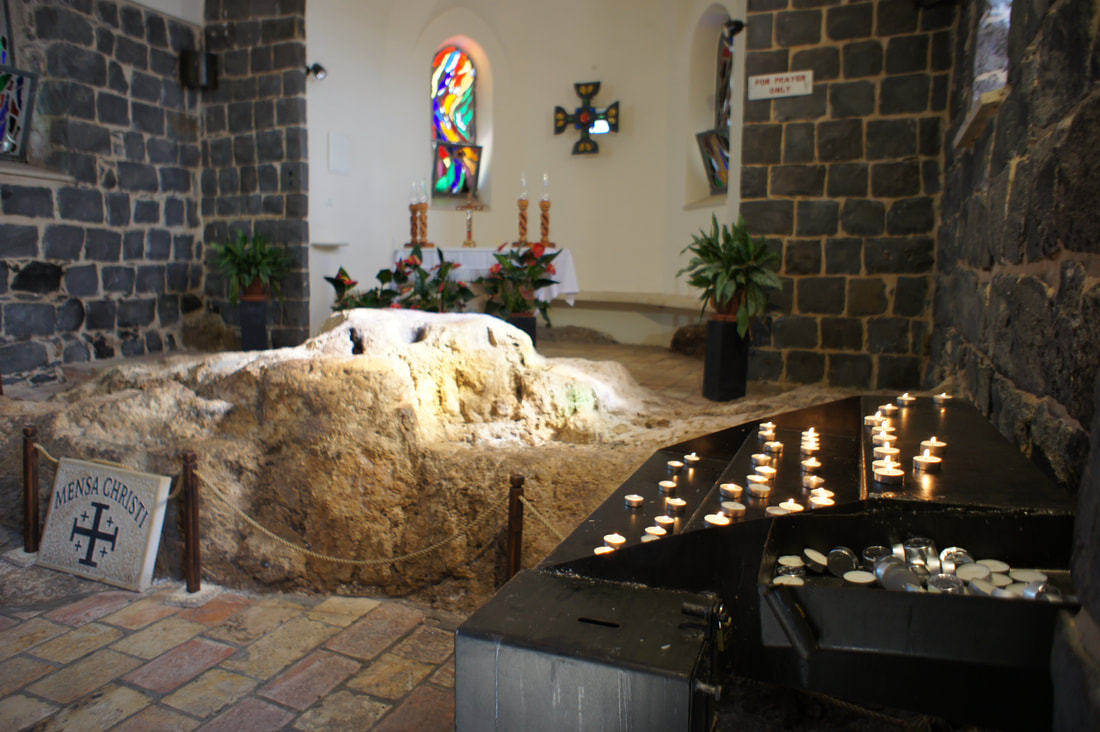
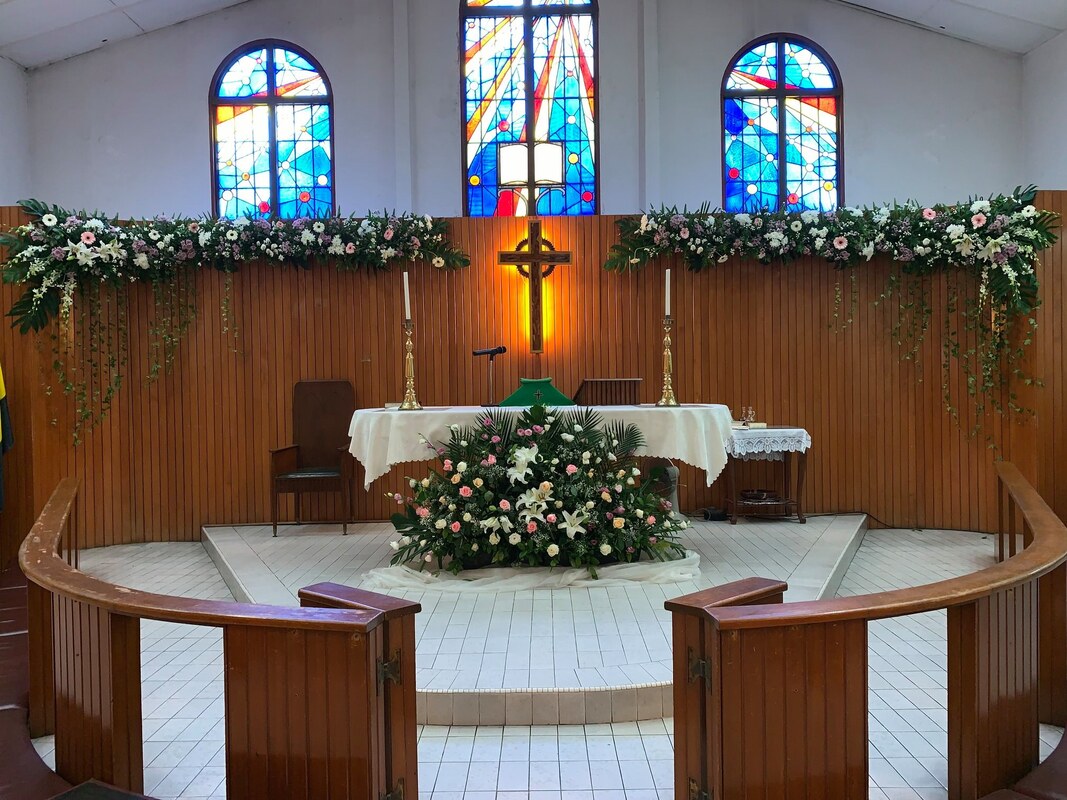
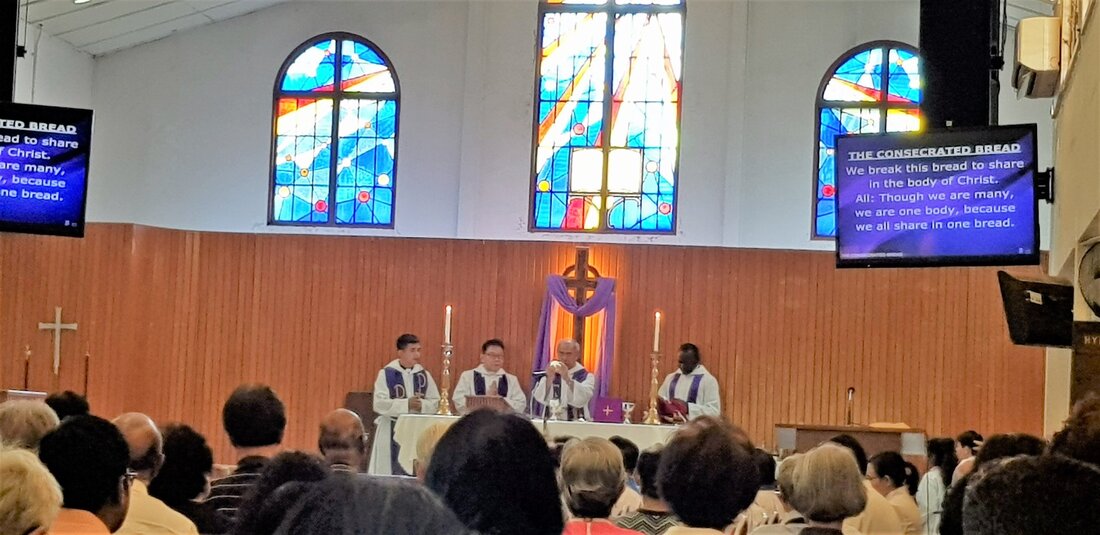
 RSS Feed
RSS Feed